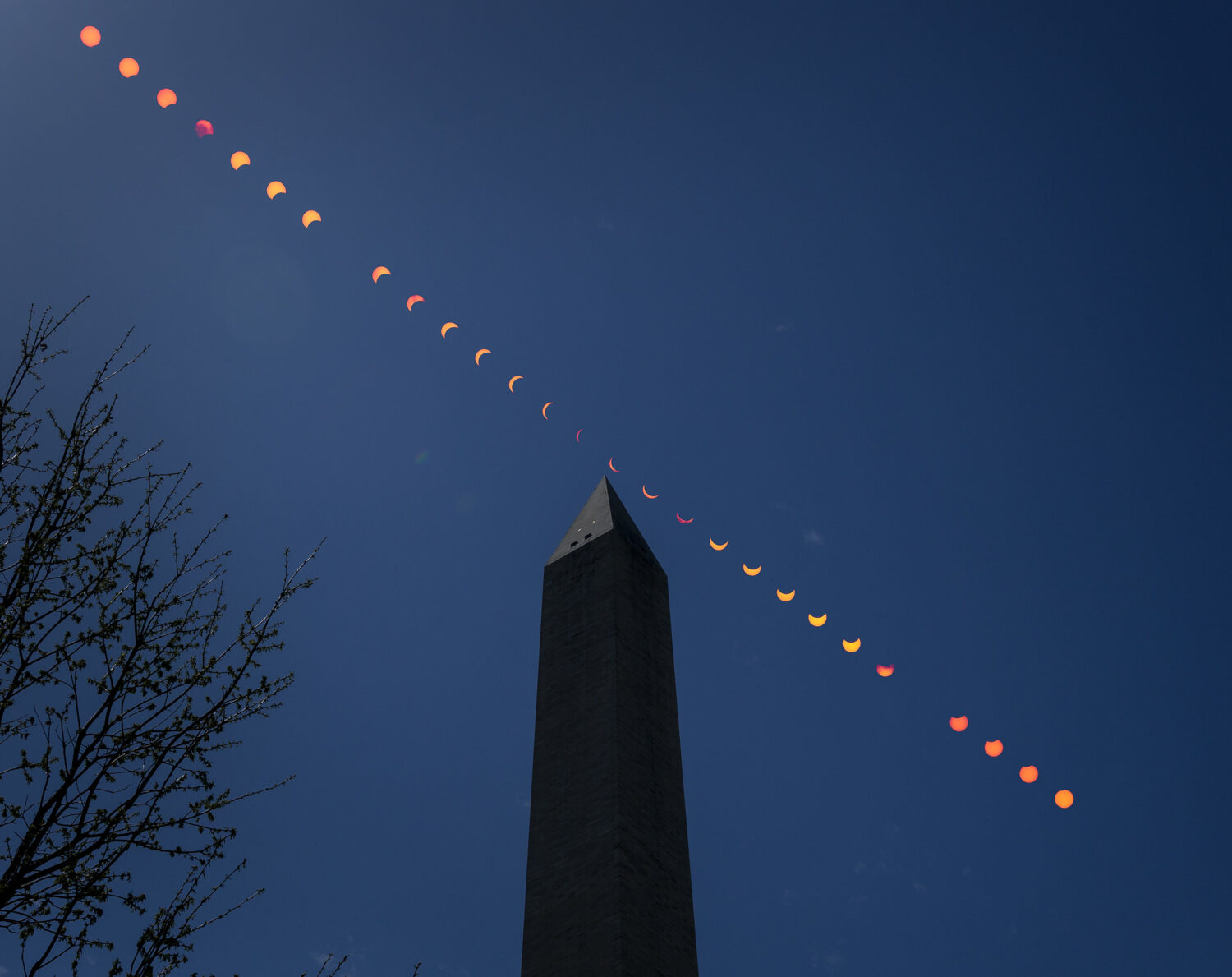The widely anticipated total solar eclipse of April 8 has come and gone. On Monday afternoon, millions of people were ecstatic when the moon briefly passed between the sun and Earth, casting a massive shadow across parts of the United States, Canada, and Mexico.
Some of those people will already be wondering when the next solar eclipse will occur, as they ponder going to the areas of the Earth to see this beautiful celestial shows again. And many people in nations across the globe who were unable to travel to North America to see Monday’s complete solar eclipse will be eager to learn when the next one will be, in the hopes that it will be more accessible.
So, here’s what you should know.
2026 Total Solar Eclipse
- Location:
- Greenland
- Iceland
- Spain
- Portugal
- Russia.
The next total solar eclipse will occur on August 12, 2026, with a path of totality taking over across eastern Greenland, the west coast of Iceland, Spain, a small bit of Portugal, and Russia.
2027 Total Solar Eclipse
- Location:
- Spain
- Gilbraltar
- North Africa
A year later, on August 2, 2027, another complete solar eclipse will occur, with the line of totality crossing southern Spain, Gibraltar, and North Africa.
2028 Total Solar Eclipse
- Location:
- Australia
On July 22, 2028, there will be a complete solar eclipse in Australia.
2030 Total Solar Eclipse
- Location:
- Indian Ocean
- Botswana
- South Africa
- Australia
In the 2030s, there are going to be eight opportunities to see a complete solar eclipse in different locations of the world.
2044 Total Solar Eclipse
- Location:
- North and South Dakota
- Montana
- Northern Canada
However, the next one will not occur in the United States until 2044, when the line of totality will pass across numerous northern states and Canada.
In the next years, there will also be partial solar eclipses, in which the moon covers only a portion of the sun’s disk, and annular eclipses, in which the moon is too far away from Earth to totally block the sun’s light.

